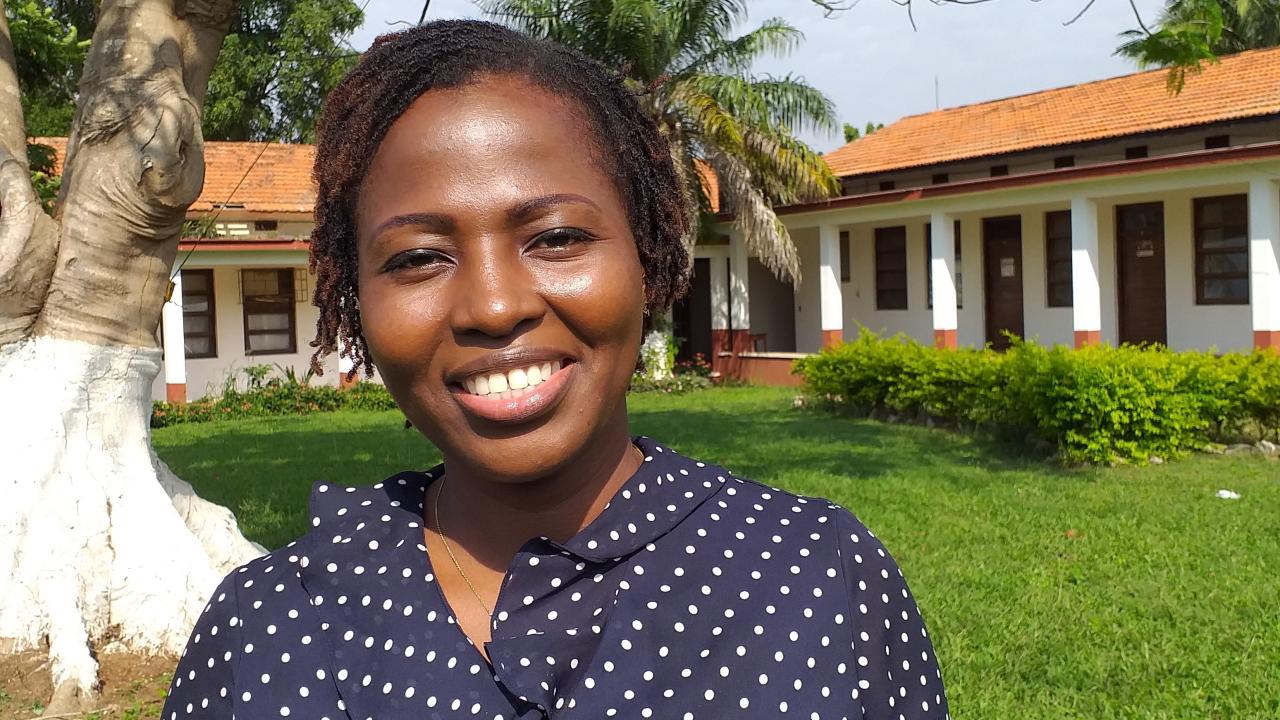2019 OWSD Early Career Fellows Announced
Twenty women scientists will receive research grants under the second year of the OWSD Early Career fellowship programme.

Twenty women scientists from the developing world have been selected as part of the second cohort of the OWSD Early Career fellowship programme. These scientists will receive up to USD 50,000 to lead research projects at their home institutes, and to build up research groups that will attract international visitors. Funding for the fellowship is generously provided by Canada's International Development Research Centre (IDRC).
The Early Career fellows were selected from a highly competitive pool of candidates based on the strength of their research proposals and their proven scientific excellence as well as leadership skills. They come from 14 countries across Africa, the Asia-Pacific region, and Latin America and the Caribbean, and include a computer scientist from Tanzania building an app to help farmers diagnose poultry diseases through deep learning technology, a biologist from Laos trying to catalog and preserve the diversity of reptiles and amphibians in her country, and a biologist from Guatemala harnessing the natural detoxification properties of aquatic plants to filter harmful contaminants from lakes.
Meet all the 2019 Early Career fellows below.

L-R: Mercy Badu, Pradeepa Bandaranayake, Salifou Chakirath Folakè Arikè, Eunice Enríquez, Nasrin Sultana Juyena

L-R: Dina Zawadi Machuve, Edem Mahu, Ossénatou Mamadou, Priscilla Kolibea Mante, Natalia Montellano Duran

L-R: Winfred Mueni Mulwa, Ritah Nakayinga, Cécile Harmonie Otoidobiga, Mavis Owureku-Asare, Prativa Pandey

L-R: Somphouthone Phimmachak, Tista Prasai Joshi, Volatsara Baholy Rahetlah, Claudia Suseth Romero Oliva de Hirschmeier, Newayemedhin Tegegne
